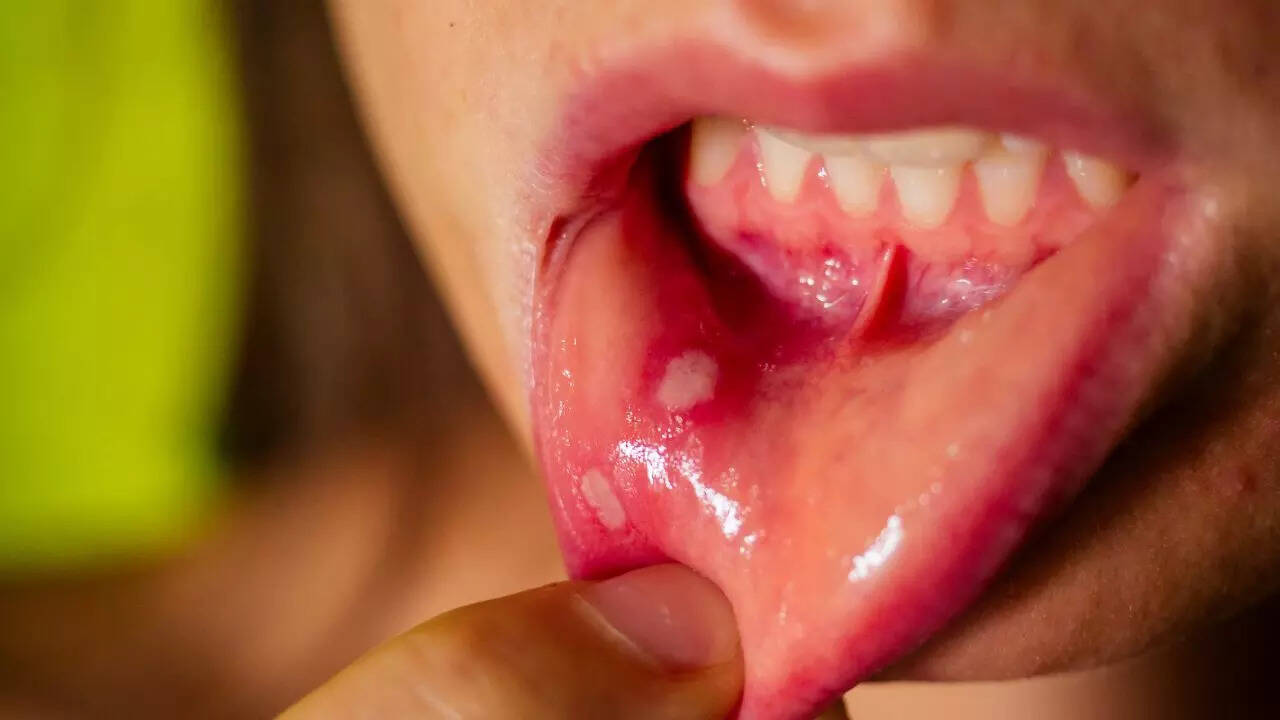
Tongue cancer is a form of oral cancer that originates in the tissues of the tongue. It is a serious health condition where early detection is crucial for effective treatment and better outcomes. The cancer most commonly affects the front two-thirds of the tongue but can also occur at the base. According to a study published in StatPearls, recognising early signs such as persistent sores, unusual patches, lumps, pain, or difficulty swallowing can prompt timely medical consultation. Early diagnosis improves the chances of successful treatment and reduces the risk of complications. Being aware of symptoms and risk factors is essential for prevention and early intervention.
What is tongue cancer: Know its symptoms
Tongue cancer most commonly refers to squamous cell carcinoma affecting the front two-thirds of the tongue (the oral tongue). It can also occur at the base of the tongue, which is part of the oropharynx. Risk factors include tobacco use, excessive alcohol consumption, human papillomavirus (HPV) infection, and poor oral hygiene.Recognising tongue cancer early is crucial. Here are some common early warning signs:1. Persistent mouth sores or ulcers

One of the earliest symptoms is a sore or ulcer on the tongue that does not heal within two weeks. These sores can be painful or painless and may bleed easily. Unlike typical mouth ulcers, they persist and worsen over time.2. Unexplained pain or tendernessPersistent pain or tenderness on the tongue or in the mouth can be a warning sign. This pain may occur even without eating or touching the area.3. Red or white patches on the tongueThe appearance of unusual red (erythroplakia) or white patches (leukoplakia) on the tongue can indicate precancerous changes or cancer itself. These patches may be rough or smooth and do not go away.4. Lumps or thickened areasA noticeable lump, bump, or thickening on the tongue is concerning. These growths may feel firm and can sometimes interfere with chewing or swallowing.5. Difficulty swallowing or speakingIf you experience difficulty swallowing (dysphagia), speaking clearly, or a sensation that something is stuck in the throat, these could be signs of tumour growth affecting tongue mobility or surrounding structures.6. Numbness or loss of sensationNumbness or a tingling sensation on the tongue or in the mouth might indicate nerve involvement by the cancer.7. Ear pain

Pain radiating to the ear, without an ear infection, is another symptom that should not be ignored, especially if accompanied by other oral symptoms.8. Unexplained weight loss and fatigueThough less specific, unexplained weight loss, fatigue, and general malaise can be associated with advanced tongue cancer.
When to see a doctor
If any of the above symptoms persist for more than two weeks, it is important to see a healthcare professional for evaluation. Early diagnosis significantly improves treatment success and survival rates.Disclaimer: This article is for informational purposes only and does not constitute medical advice. Always consult a qualified healthcare professional before making any changes to your health routine or treatment.






